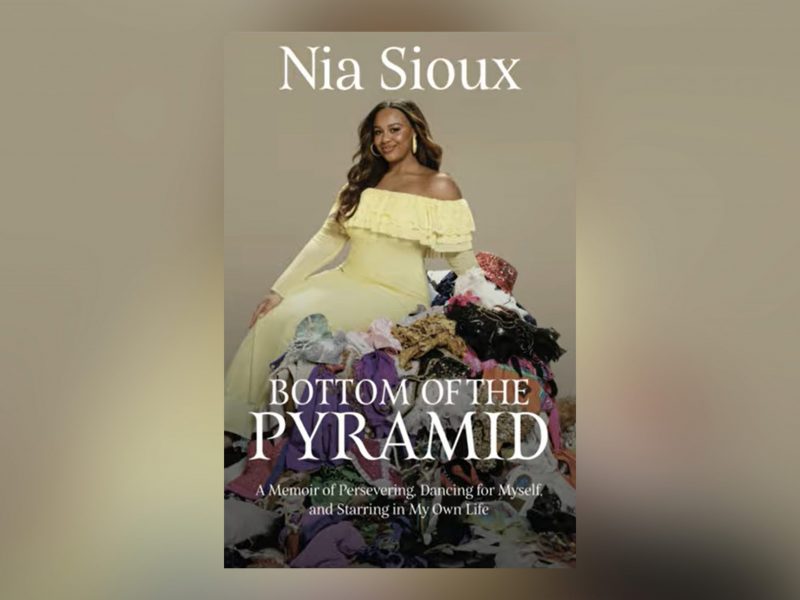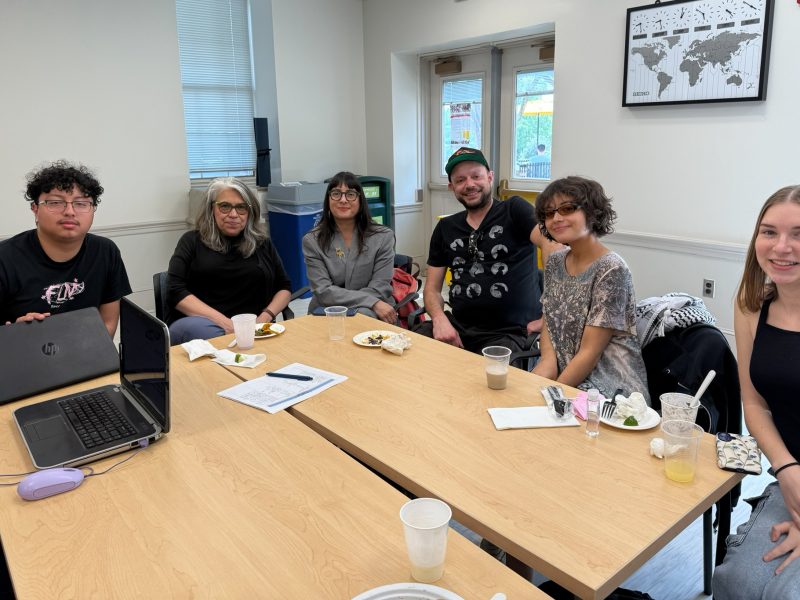Content warning: This story discusses sexual assault.
Emily Ratajkowski, model, actress and author will release her memoir titled My Body on Nov. 9, detailing what it is like to have such a visible image but not have access to ownership over it.
The book’s synopsis partially read, “a deeply honest investigation of what it means to be a woman and a commodity from Emily Ratajkowski, the archetypal, multi-hyphenate celebrity of our time.”
The memoir is made up of multiple personal essays diving further into the aforementioned topics.
“Emily Ratajkowski reveals herself to be devastatingly honest, nuanced, and strong — I’m not surprised that she thinks of herself first as a writer,” said Sara Bershtel, an editor at Metropolitan Books, the publishing company for Ratajkowski’s memoir, in a statement last month. “I also admire how outspoken she is, how political, and how unafraid — what force she’ll be!”
[Spice up your life: An ode to the Spice Girls]
This is not Ratajkowski’s first time writing. Last year, she penned a widely talked about personal essay for The Cut, titled “Buying Myself Back.”
In this personal essay, Ratajkowski detailed times she felt no control over what happened to her image and her body: getting sued by a paparazzo for posting his photo of her on her Instagram stories, the complex saga of buying one of the two Richard Prince artworks of herself from his collection “Instagram Paintings,” the subsequent struggle of acquiring the second photo from her ex-boyfriend after their relationship ended and nude images of her leaking when she was 22 during the 2014 iCloud celebrity nude leaks (also referred to as Celebgate).
“All these men, some of whom I knew intimately and others I’d never met, were debating who owned an image of me,” she wrote.
The most intense part of the personal essay is when Ratajkowski alleged experiencing sexual assault by photographer Johnathan Leder during a photo shoot.
Leder published explicit Polaroids of Ratajkowski without her permission from that shoot, where the images were supposed to be used for a magazine.
It’s obvious through this personal essay, Ratajkowski has a strong command over language and can draw people into her words. By telling various stories about her life and how these moments affected her, the reader feels an emotional tie to a common societal problem: people feeling like they have ownership over women’s bodies.
Even something as simple as posting a paparazzo photo with a caption on Instagram can spring an ethical and legal debate over who owns someone’s image and when the subject of the image can be granted access.
Another topic disclosed in the memoir is another sexual assault Ratajkowski experienced. The model alleged that singer Robin Thicke groped her during the music video shoot for his 2013 song, “Blurred Lines.”
The Sunday Times obtained this section of the book and leaked an excerpt describing the assault.
[Review: ‘Last Night in Soho’ explores the horror of romanticized history]
During an episode of TIME100Talks with authors Anita Hill and Tarana Burke, activist and founder of the #MeToo movement, Ratajkowski explained how she struggled when that part of the essay was published out of context.
“The importance of having control over your story and your narrative is crucial,” she said, adding that the book conveys that control has its limits.
“Compared to a lot of jobs that I was working at the time as an unknown model, I actually did feel quite comfortable. But ultimately, those women on set were not in power,” she said of the “Blurred Lines” shoot, which is the point she wanted to make in her essay.
In My Body, Ratajkowski will yet again let the reader into her complex world, where everyone profits off of her image and objectifies her body, which at moments, she doesn’t even have the ownership of.



